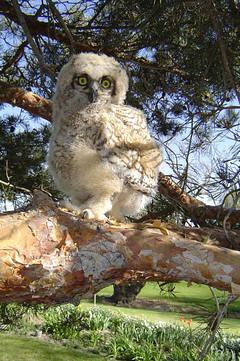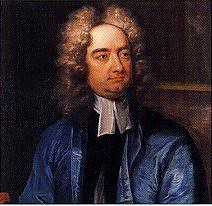None can say it better than has Allan Kosinn in his obituary for the world-renown sitarist, Ravi Shankar of India. We are all in this musician's debt and we have his legacy based on classical Indian music, now part of the world music heritage.
— Musikos, refWrite Backpage music newspotter, analyst, columnist
New York Times (Dec13,2k12)

Associated Press
George Harrison with Ravi Shankar in 1967.
Ravi Shankar, the sitar virtuoso and composer who died on Tuesday at 92, created a passion among Western audiences for the rhythmically vital, melodically flowing ragas of classical Indian music — a fascination that had expanded by the mid-1970s into a flourishing market for world music of all kinds.
In particular, his work with two young semi-apprentices in the 1960s — George Harrison of the Beatles and the composer Philip Glass, a founder of Minimalism — was profoundly influential on both popular and classical music.
And his interactions throughout his career with performers from various Asian and Western traditions — including the violinist Yehudi Menuhin, the flutist Jean-Pierre Rampal and the saxophonist and composer John Coltrane — created hybrids that opened listeners’ ears to timbres, rhythms and tuning systems that were entirely new to them.
Mr. Shankar died in San Diego, at a hospital near his home. He had been treated for upper-respiratory and heart ailments in the last year and underwent heart-valve replacement surgery last Thursday, his family said. His final performance was a concert with his daughter, the virtuoso sitarist Anoushka Shankar, on Nov. 4 in Long Beach, Calif. He was also the father of the singer Norah Jones.
Mr. Shankar, a soft-spoken, eloquent man whose own virtuosity transcended musical languages, was trained in both Eastern and Western musical traditions. Although Western audiences were often mystified by the odd sounds and shapes of the instruments when he began touring in Europe and the United States in the early 1950s, Mr. Shankar and his ensemble gradually built a large following for Indian music.
A Beatle Was Intrigued
Western interest in his instrument, the sitar, exploded in 1965 when Harrison encountered one on the set of “Help!,” the Beatles’ second film. Harrison was intrigued by the instrument, with its small rounded body, long neck and resonating gourd at the top, and its complexity: it has 6 melody strings and 25 sympathetic strings, which are not played but which resonate freely as the other strings are plucked. He soon learned its rudiments and used it that year on a Beatles recording, “Norwegian Wood.”
The Rolling Stones, the Animals, the Byrds and other rock groups followed suit, although few went as far as Harrison, who recorded several songs on Beatles albums with Indian musicians rather than with his band mates. By the summer of 1967 the sitar was in vogue.
But his reach went much further. He composed for films (including the score for Richard Attenborough’s “Gandhi” in 1982), ballets, electronic works and concertos for sitar and Western orchestras. As his popularity spread, societies for the presentation of Indian and other traditional music began springing up — the largest one in New York is the World Music Institute — and a thriving world music industry was soon born.
Last week Mr. Shankar was told he would receive a lifetime achievement Grammy Award in February, said Neil Portnow, president of the National Academy of Recording Arts and Sciences.
Though linked with the early rock era by many Americans, Mr. Shankar came to regard his participation in rock festivals as a mistake, saying he deplored the use of his music, with its roots in an ancient spiritual tradition, as a backdrop for drug use.
“On one hand,” he said in a 1985 interview, “I was lucky to have been there at a time when society was changing. And although much of the hippie movement seemed superficial, there was also a lot of sincerity in it, and a tremendous amount of energy. What disturbed me, though, was the use of drugs and the mixing of drugs with our music. And I was hurt by the idea that our classical music was treated as a fad — something that is very common in Western countries.
“People would come to my concerts stoned, and they would sit in the audience drinking Coke and making out with their girlfriends. I found it very humiliating, and there were many times I picked up my sitar and walked away.




 >br>
>br>









No comments:
Post a Comment